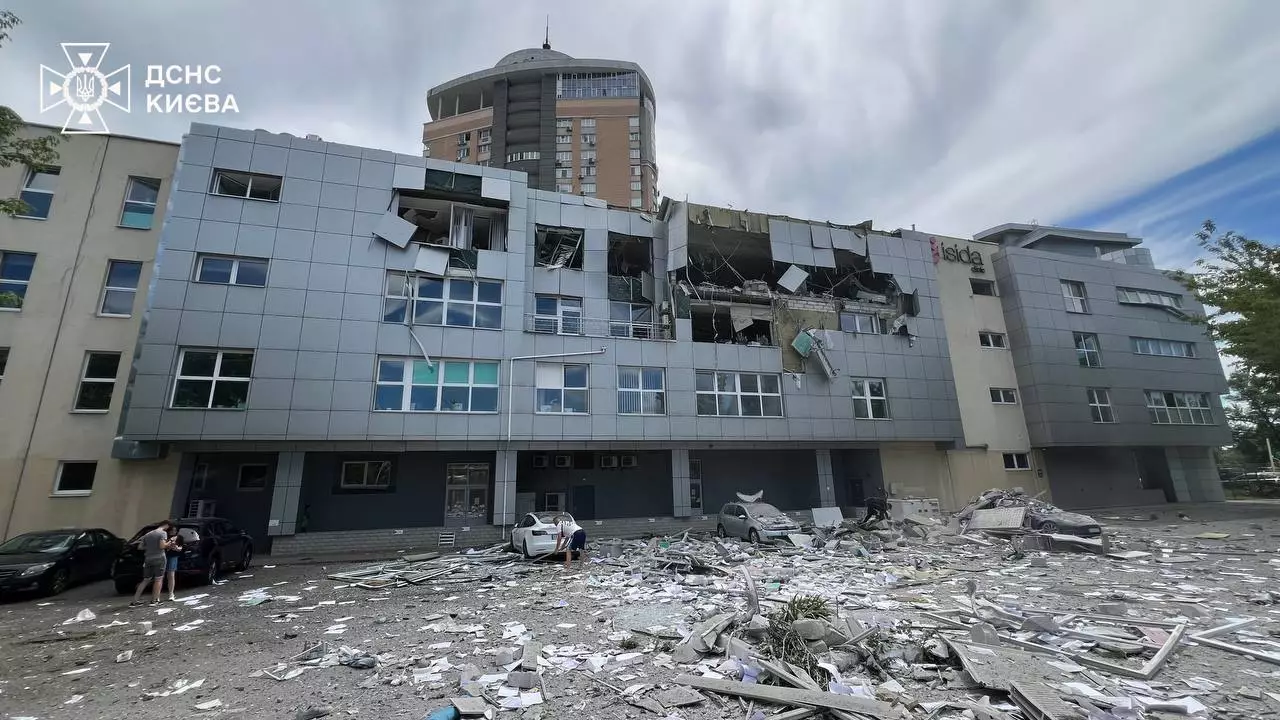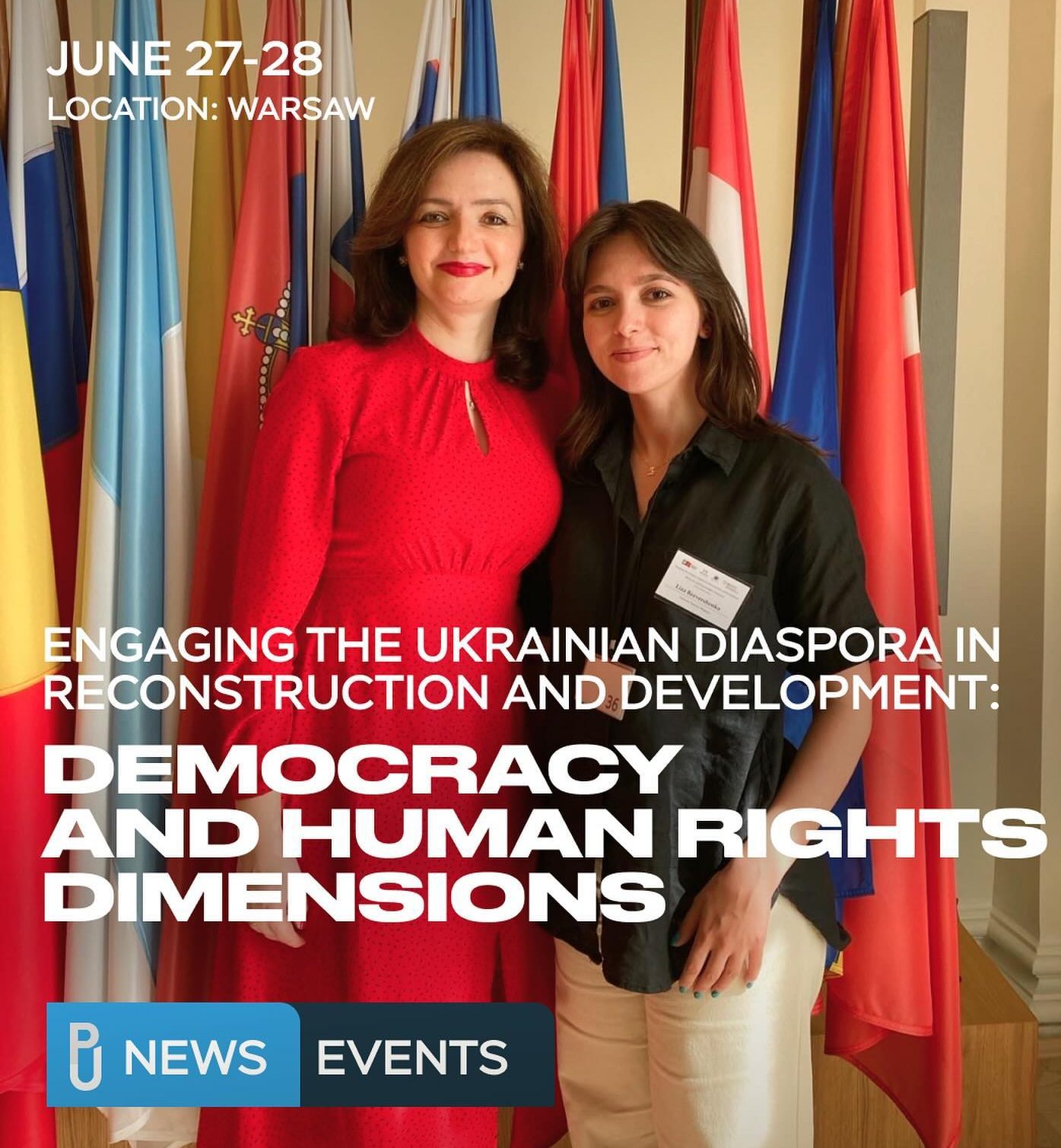“When we closed parks at one time, sprayed roads, it was again a matter not so much of influencing the epidemic process as the psychological process. People did not feel safe and were more psychologically prepared for the need to adhere to quarantine”, – the chief sanitary doctor of Ukraine Viktor Lyashko told the media. The words of the official caused a bomb effect and a great reaction in society. Promote Ukraine asked experts for their opinion on the situation.
 Olexandr Khmelevsky, Candidate of Economic Sciences, Independent Expert
Olexandr Khmelevsky, Candidate of Economic Sciences, Independent Expert
In his statement, Lyashko acknowledged that the purpose of quarantine is not to fight the virus but to establish control over society and establish a dictatorship. Not only the ban on visiting parks but also other prohibitions, such as the mandatory wearing of a mask on the street, the closure of markets or nongrocery stores, traffic stops aimed at suppressing the will of people, their stay in constant tension and depression. It is under such conditions that a person is the easiest to manage. The destruction of the economy, the bankruptcy of business, unemployment, impoverishment all create a person’s dependence on power. People cannot earn money on their own and will be forced to survive on donations from the state. The introduction of quarantine violates a number of provisions of the Constitution and the laws of Ukraine. In his statement, Lyashko acknowledged the fact that the Government had committed a crime. The introduction of quarantine restrictions is already being challenged in the courts. It is possible that in the future the organizers of quarantine will be prosecuted.
 Margaryta Kleshchaeva, social impact communications expert
Margaryta Kleshchaeva, social impact communications expert
A confession of the use of manipulation for the sake of society’s observance of quarantine norms is a confession of inability to have an adequate dialogue with the people.
The chief sanitary doctor of Ukraine said that the parks and transport were “closed not for the epidemiological effect, but for the psychological one.” According to Mr. Lyashko, “due to this psychological effect, people have a sense of danger and the need to comply with quarantine measures.”
What is wrong with Mr. Lyashko’s statements? In addition to the fact that information on park and transport safety contradicts the epidemiological experience of other countries, we see a number of communication problems.
Formation of distrust in official sources of information
The Chief Sanitary Doctor constantly informs people about the development of the pandemic in Ukraine on behalf of the authorities. It is an official source of information that should be as open, honest, and impartial as possible. But today Mr. Lyashko admits that he lied to us yesterday. So when Mr. Lyashko says something tomorrow, a logical question will arise in the audience: is he serious now, or is it some kind of manipulation again?
Unfortunately, this is not an isolated case. We are already getting used to the situations when the Prosecutor General informs about the release of prisoners prematurely, and the President’s Office issues several versions of the President’s trip to Oman. Discrediting the government as a source of information is systemic.
Contradictions in intentions and actions
On the one hand, the Ministry of Health is launching a channel for the psychological support of people during the quarantine. Self-isolation, restriction of traffic, problems with work, a saturation of the information field with negative news affect the psyche of people.
On the other hand, the authorities want to intimidate people with their own communications, ie they provoke a negative psychological reaction. And then helps to fight with it. It is a closed circle and an attempt to pretend that what is desired is real.
Lack of a single line of communication
Almost every day we see contradictory statements from official spokespersons about the coronavirus in Ukraine. The prime minister says that the metro will be opened in the third stage of quarantine easing when for a certain period the number of people recovering from COVID-19 will be twice the number of sick per day. The Chief Sanitary Doctor says that the subway will be opened in the fourth stage – when for 10 consecutive days the number of new unrelated cases of sick will be less than five per region.
Differences in the statements indicate the lack of a single coordinated communication. And pushes the audience to think about the lack of a single plan to overcome the crisis in general. This also undermines the credibility of official sources of information.
Substitution of care by manipulation
The chief sanitary doctor openly says that the authorities wanted to intimidate us – for our own good. This is very similar to the abuser-victim relationship paradigm when comparing public communications with interpersonal communications. We are openly told: we are ready to do you terrible (pain) for the sake of you to be happy and healthy. But does the government have the right to scare and hurt people in a democracy? And will we really be happy and healthy from this?
 Olexandr Gumirov, lawyer, public figure
Olexandr Gumirov, lawyer, public figure
Everyone is discussing the confession of the chief sanitary doctor of Ukraine Lyashko on the air of the media that the bans imposed by the Cabinet of Ministers on quarantine had not an epidemiological basis, but a psychological one. That by these prohibitions the officials psychologically influenced the masses of people to cause them feelings of anxiety and fear.
According to international instruments, the Rome Statute, the most hated crimes under the jurisdiction of the International Criminal Court are crimes against humanity and crimes against humanity.
In this case, the following crime was committed against humanity: mass illegal and unjustified coercive influence on the psyche of people in order to intimidate, humiliate and submit to illegally imposed totalitarian rules, which are essentially psychological torture (terror). The object of influence, in this case, is a community united on a national-territorial basis – the people of Ukraine.
Ukraine is a party to the Rome Statute but has not ratified it since 2000. In such circumstances, where a State is de facto unwilling or unable to investigate independently a crime under the Rome Statute, the International Criminal Court has the right to initiate such an investigation on its own initiative. Persons accused of crimes against humanity are subject to extradition to the International Criminal Court.
Natalia Tolub






 UA
UA FR
FR DE
DE




